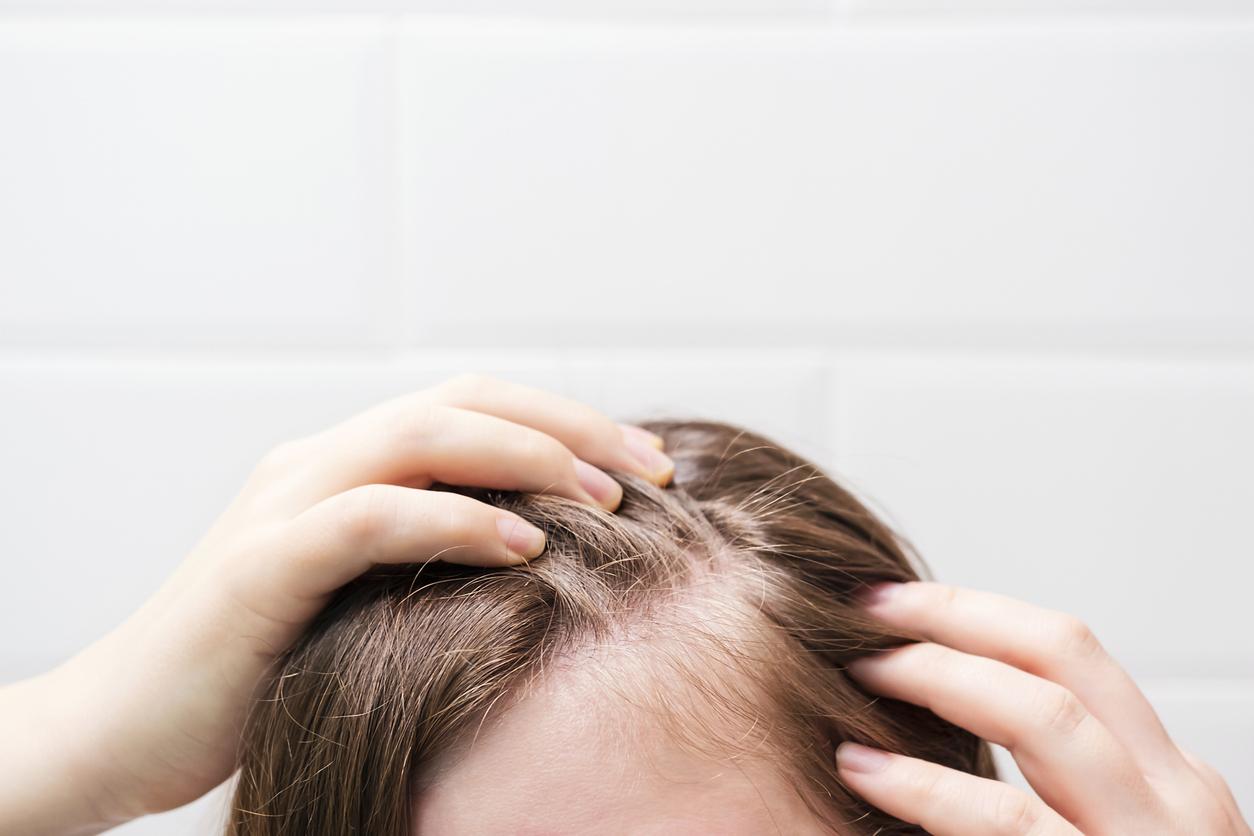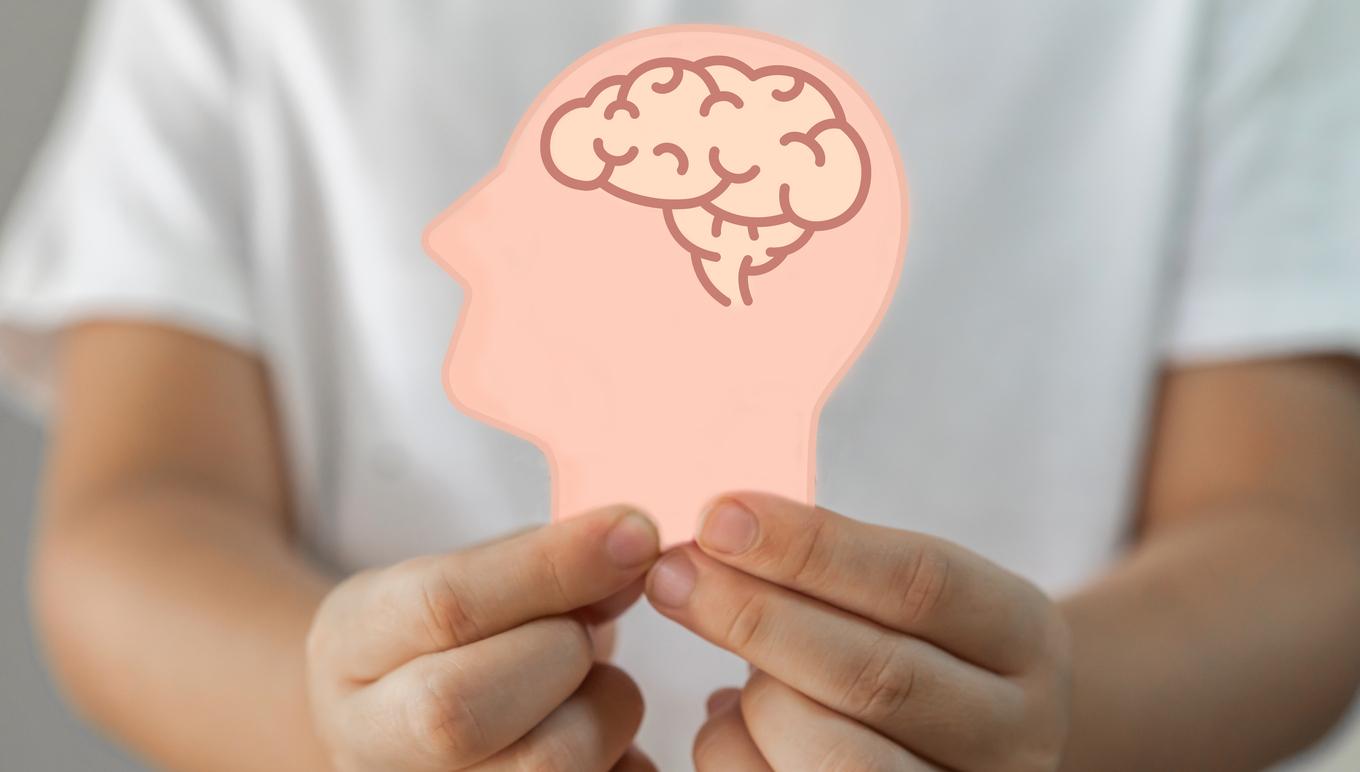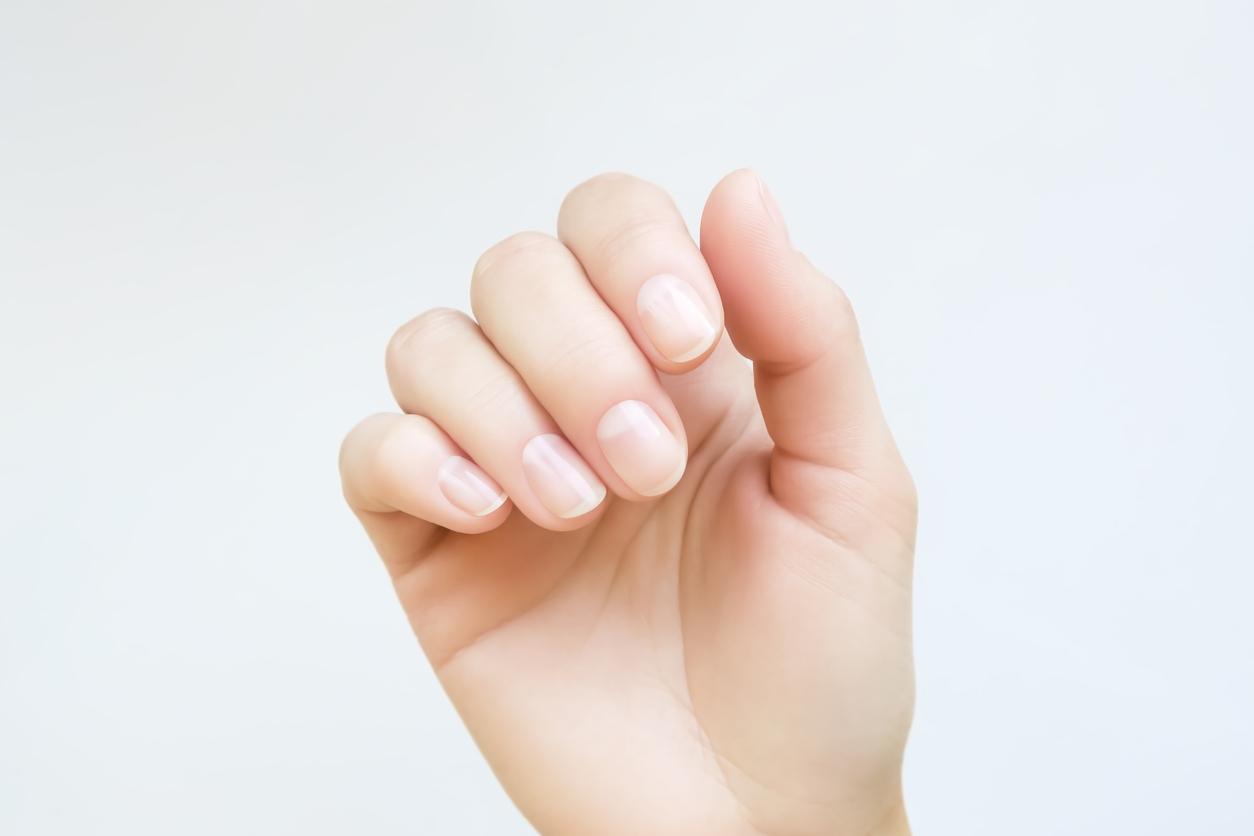Gender differences in orientation are thought to be due to experiential factors and not linked to genetics.

- Having or not having a good sense of direction “has nothing to do with biology in human beings”, according to American researchers.
- This advantage comes from our experiences with a concept or task, which promote the development of new synapses.
- In the study, women and men, who traveled and ate the same way, showed the same strengths in geographic navigation.
In the collective imagination, men have a better sense of direction than women. Some people think they have this advantage thanks to their genes. However, a recent study showed that there is no link between navigation skills and DNA. “It’s time to understand that this has nothing to do with biology in human beings”declared, at the BBC, Justin Rhodes, professor at the University of Illinois at Urbana-Champaign. To reach this conclusion, American researchers carried out work published in the journal Royal Society Open Science.
Men and women traveling and eating the same way had the same sense of direction
As part of the work, the team reviewed 66 research studies presenting data on 21 species, including humans. In the list of animal species, we found the otter, the frog, the crayfish and even a rodent native to the coastal areas of Argentina. Scientists compiled data on geographic navigation and the size of the area where a species typically lives and moves. From one species to another, the authors discovered that either “males outnumbered females”or that there was no difference in terms of orientation, with one exception: female chimpanzees had a more acute sense of orientation than males.
After analyzing research on humans, including data on hunter-gatherers, the researchers found that in populations where men participated more in hunting and gathering than women, they had advantages in geographic navigation. However, no gender differences existed in populations where men and women traveled and foraged similarly.
“Men are more encouraged” to explore the outside world
According to the authors, the brain restructures itself based on our experiences with a concept or task by developing new synapses. “The more you do these things, the more likely you will be successful at them. Men are just more encouraged, because of our cultures, to do more of these kinds of things, and so they are slightly better at it. All the data suggests that it ‘is the case’, explained Justin Rhodes. He added that with navigation apps installed in smartphones, people in Western countries rarely read maps. “So this gender gap, according to the reading of the maps, is probably going to narrow further.”
















